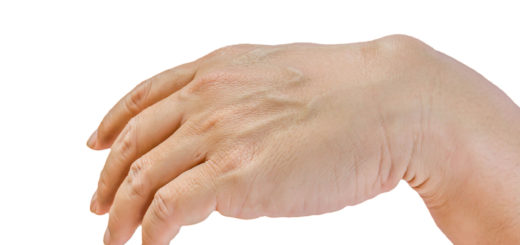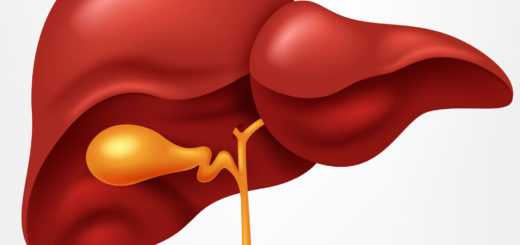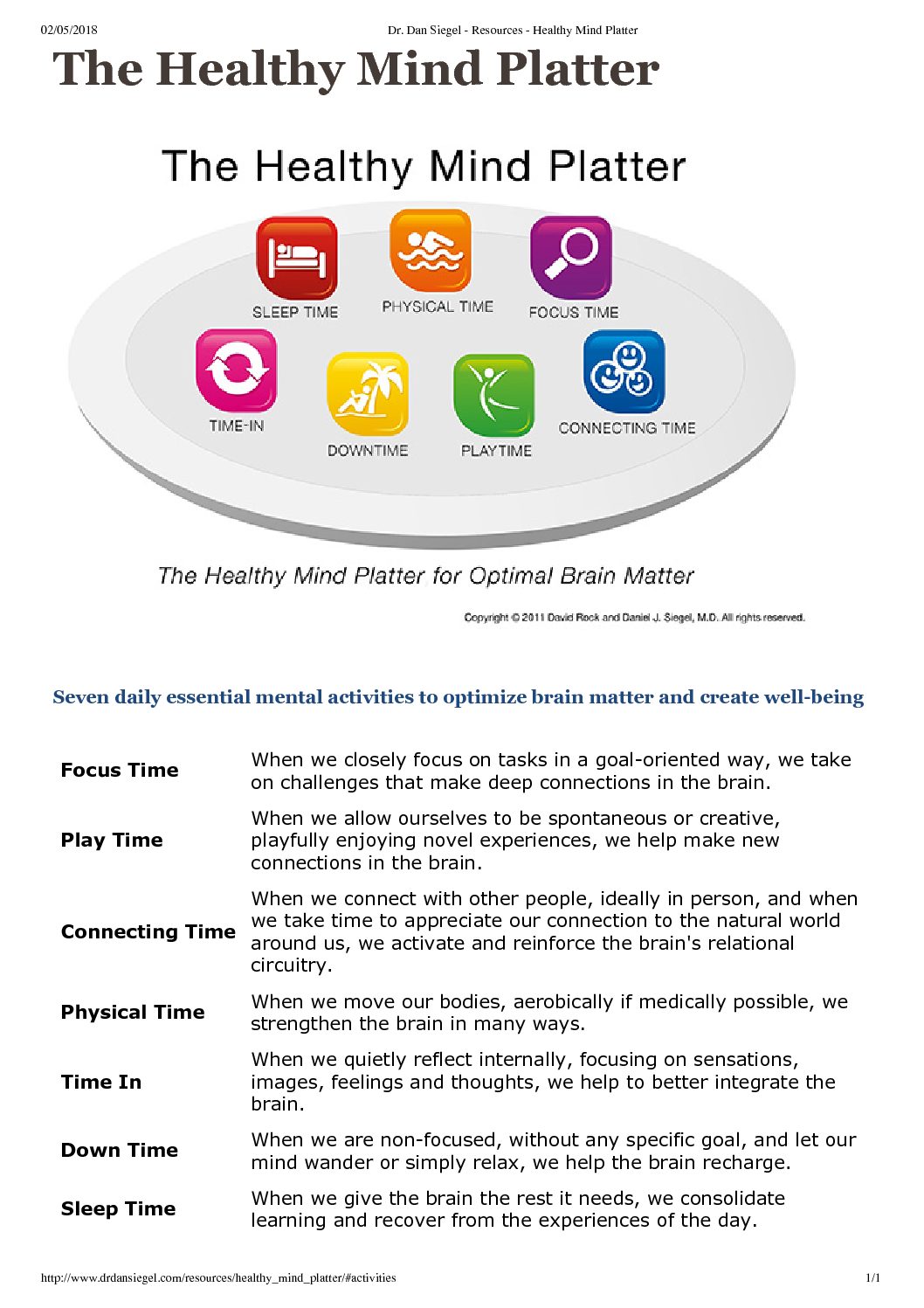The Benefits of Movement

Burning calories is the least important reason to exercise.
Physical benefits:
- Regular movement can halve your death rate
- Improved energy; your muscles become more efficient at using oxygen
- Stronger bones, tendons, ligaments and reduced chance of osteoporosis
- Reduced risk of diabetes and improvements in blood sugar control in diabetics; due to hormonal changes such as increased insulin sensitivity
- Improved balance, coordination & flexibility
- Reduced risk of falls in the elderly
- Increased muscle mass and faster metabolism
- Improved immunity; due to increased levels of immunoglobins
- Turns on genes that suppress inflammation
- Better sleep quality and restoration of your body’s 24 hour body clock
- Improved libido and fertility
- Helps restore your hunger and fullness signals and makes it more likely that you choose to eat nutrient-rich foods
Brain & Psychological Benefits:
- Improved organisation, planning, learning, attention, memory and problem-solving ability due to increased levels of brain derived growth factor, increased blood flow, and neuroplasticity
- Improved mood, favourable effect on depression, anxiety and stress Improved body image and self-confidence
- Promotes a multitude of social skills and opportunities
- Direct contact with nature; reduces stress and improves concentration
Adapted from Exercise physiologist Alanah Dobinson and Neuroslimming author Dr Helena Popovic















